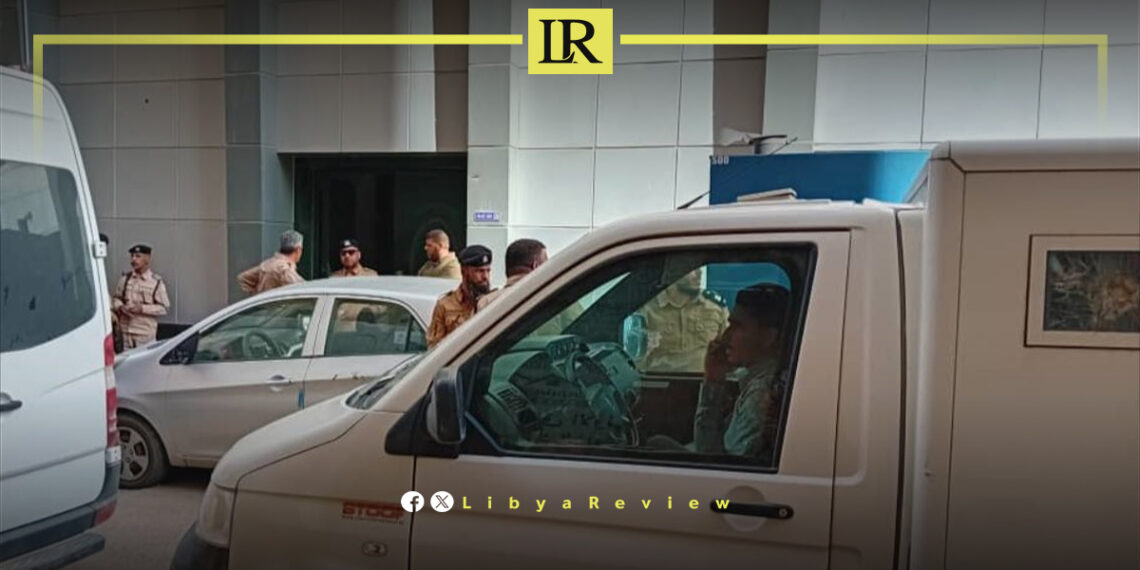A new shipment of Libyan banknotes, printed abroad, has arrived at Mitiga International Airport in Tripoli, according to banking sources. The shipment, valued at 434 million Libyan dinars, is set to be transferred to the vaults of the Central Bank of Libya (CBL) for nationwide distribution to commercial bank branches.
The move is part of the CBL’s ongoing efforts to address the liquidity crisis and ensure the steady availability of cash across the country. Official data indicates that over 65 billion dinars were distributed to commercial banks during the first half of this year as part of a comprehensive strategy to restore financial stability.
This latest shipment is expected to support areas facing acute cash shortages, especially ahead of the salary disbursement period and the upcoming seasonal demand surge.
The Central Bank emphasized that the initiative falls within a broader monetary policy aimed at reinforcing confidence in the banking system and ensuring the smooth functioning of economic activity throughout Libya.
Libya has been in chaos since a NATO-backed uprising toppled longtime leader Muammar Gaddafi in 2011. The county has for years been split between rival administrations.
Libya’s economy, heavily reliant on oil, has suffered due to the ongoing conflict. The instability has led to fluctuations in oil production and prices, impacting the global oil market and Libya’s economy.
The conflict has led to a significant humanitarian crisis in Libya, with thousands of people killed, and many more displaced. Migrants and refugees using Libya as a transit point to Europe have also faced dire conditions.
The planned elections for December 2021 were delayed due to disagreements over election laws and the eligibility of certain candidates. This delay has raised concerns about the feasibility of a peaceful political transition.
Despite the ceasefire, security remains a significant concern with sporadic fighting and the presence of mercenaries and foreign fighters. The unification of the military and the removal of foreign forces are crucial challenges.


